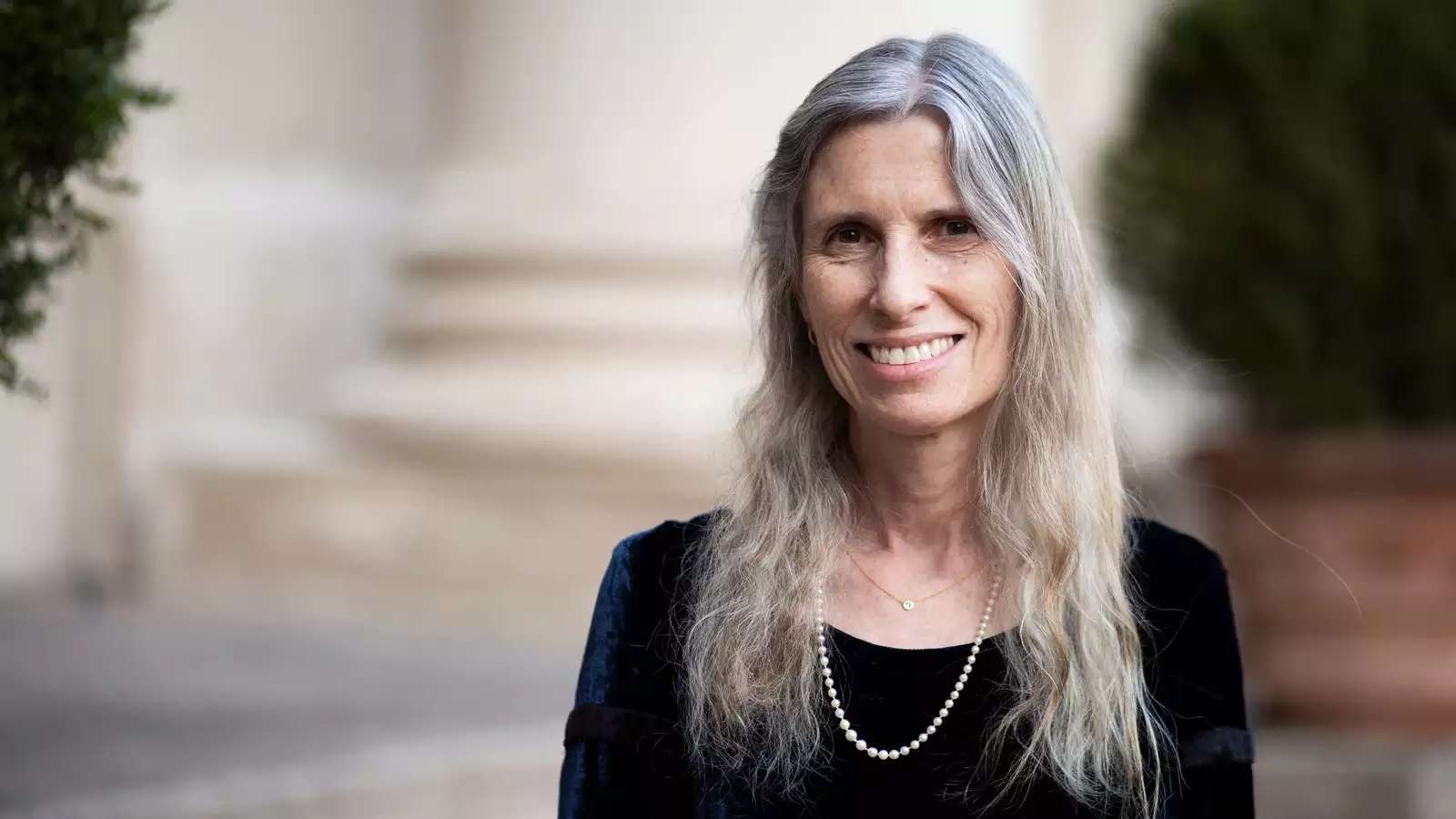
With current crises dredging up questions of uncertainty, professor and chair of Asian and Middle Eastern cultures Rachel McDermott is encouraging students to investigate ancient disciplines for possible answers. With a longtime academic passion for comparative religious studies, McDermott has specialized in and published extensively on the legacies of major world religions throughout her career. In her new class “Why Do Bad Things Happen to Good People?: Perspectives on Evil and Suffering in World Religions,” she will lead students in discussions around the concepts of good and evil and why there is suffering in the world.
McDermott’s course explores the concept of “theodicy,” or how God is understood within the existence of human suffering, asking enduring and controversial questions that are common to religions like Judaism, Christianity, Islam, and Hinduism. In her course, students compare how these religions have approached historical issues over time — across a variety of moral and societal dilemmas — by consulting religious texts from each discipline, such as the early Hebrew Bible, the New Testament, the Qur’an, and the Vedic texts.
“The issue of evil and suffering, and how God could permit them, are questions that are as old as humankind,” says McDermott. “In addition to the historical perspective, we are teaching to the issues and challenges of today.”
To help students investigate how these religious traditions respond to contemporary issues, McDermott has invited leaders from each of the religious disciplines to participate in the class. “For my students and me, we find in this course that there is no one good answer, or an answer that is good all the time,” McDermott said, “but the process of studying this together, of pondering this question together, is very worthwhile.”
To learn more about McDermott’s course, watch the video above.
—ISABELLA PECHATY ’23